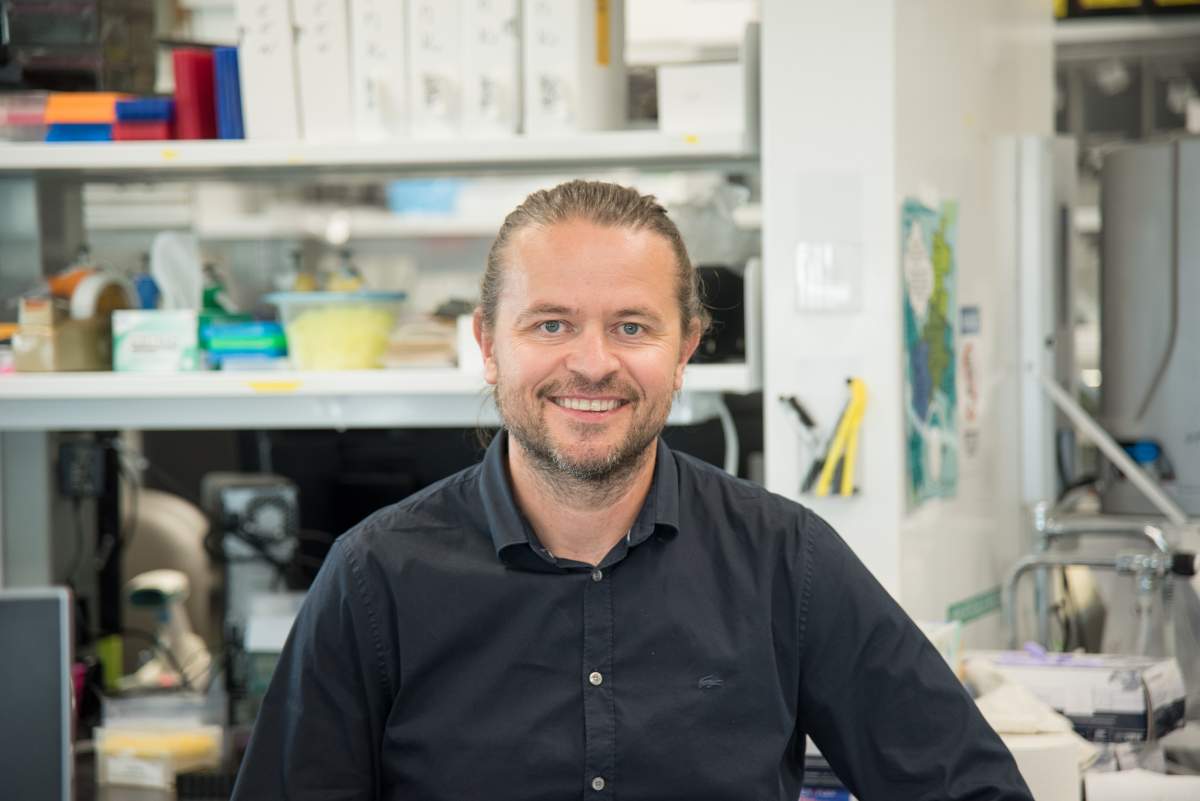Researchers at London Health Sciences Centre and Lawson Health Research Institute are using new technology and artificial intelligence to diagnose rare diseases and prenatal exposure-related abnormalities from a blood test.

Two studies were published Wednesday discussing the first-of-its-kind discovery and EpiSign technologies, which was developed by Dr. Bekim Sadikovic, Lawson scientist at LHSC. LHSC says EpiSign uses AI to measure a patient’s epigenome, which is a unique chemical fingerprint on top of DNA that is responsible for activating or deactivating genes.
Currently, EpiSign can be used to diagnose more than 100 genetic diseases that were previously difficult or impossible to diagnose. In one of the studies, Sadikovic’s team found that the technology can be used to accurately identify patients affected by birth disorders called recurrent constellation of embryonic malformations (RCEMs).
“EpiSign technology is something we’ve been working on for a good part over the last decade,” Sadikovic says. “It is technology that in the simplest terms allows us to use a patient’s DNA from blood to measure their epigenetic patterns. One thing that’s interesting is that it can predict certain diseases.”
RCEMs were discovered over 70 years ago and have been almost impossible to diagnose since. Researchers were unable to find specific diagnostic markers for the malformations, making them unpreventable. It also made it difficult to provide patients and families with accurate diagnoses. EpiSign allows a blood test to provide these answers.

Get weekly health news
“We estimate about two-thirds of patients, in spite of best efforts, don’t ultimately receive a diagnosis with standardized testing,” Sadikovic says. “We’ve now developed epi signatures, as we call them, for over 150 diseases.”
In the second study, EpiSign was used for the first time to successfully develop an accurate biomarker for a group of disorders called fetal valproate syndrome, which is caused by prenatal exposure to toxic levels of medications that are used to treat bipolar disorder or migraines or to control seizures as part of epilepsy treatment. These medications can lead to several disorders in infants, including learning, communication and motor disorders, autism and learning disabilities.
With EpiSign, a blood test will allow doctors to determine if these medications will cause disorders or diseases in children, ultimately allowing doctors and researchers to provide better care for patients and their families, since environmental factors have not been assessed in previous research.
“We now have, in these two papers, demonstrated that we can actually use (EpiSign) genetics to specifically identify those prenatal exposures, which is a world first,” Sadikovic says. “We’ve known for a long time that certain exposures in prenatal setting can cause problems with fetal development and cause problems and diseases. If we know exactly what’s causing the problems we can provide better therapies and so on.”
Around 300-400 million people carry either a genetic or an environmentally induced predisposition to developing a rare disease in their lifetime. Sadikovic estimates that between 10 and 15 per cent of patients who can’t get a diagnosis will be able to find answers with this testing.
“We are currently running some national and international trials to get a good estimate of the percentage of people who can benefit from epi signature testing as part of standard clinical care,” Sadikovic says. “There are a couple of number of countries in the world that have already approved this testing technology in clinicals — in clinical settings, both in EU, U.K., Australia and we are currently working with government regulators here in Canada.”
The research is still ongoing, in collaboration with the global EpiSign Discovery Research network, as the teams study and develop biomarkers for more than 700 rare disorders. The research could aid in diagnosis, prognosis and treatment of many other diseases and disorders, including cancer.
The research is funded by Genome Canada, Ontario Genetics and in-kind support from EpiSign Inc.












Comments